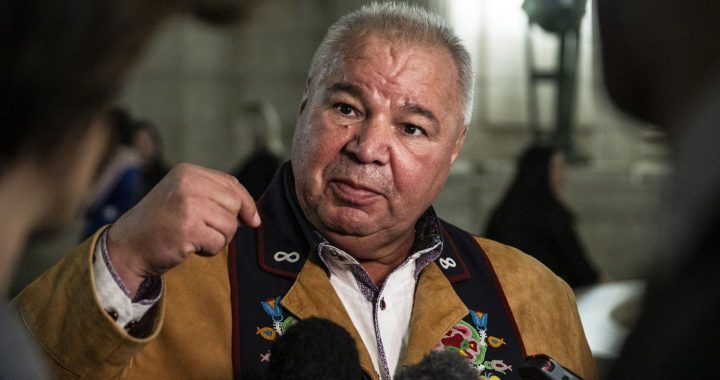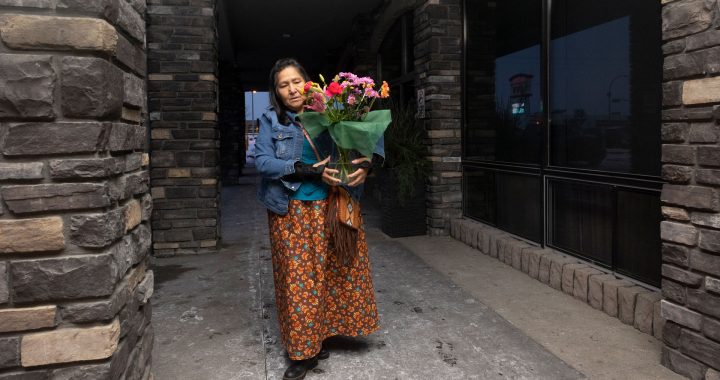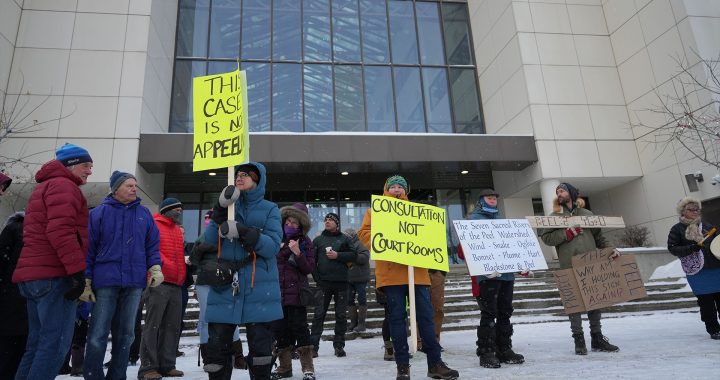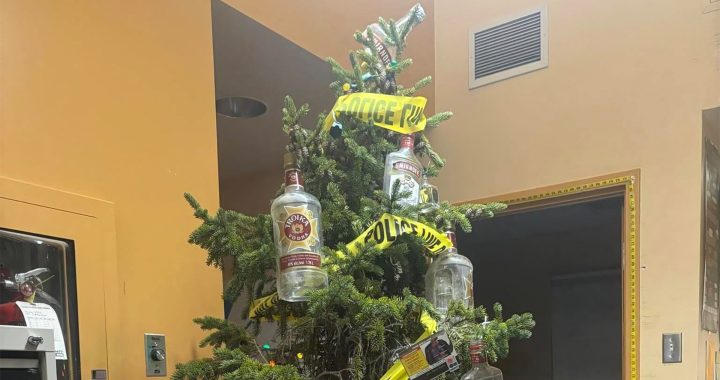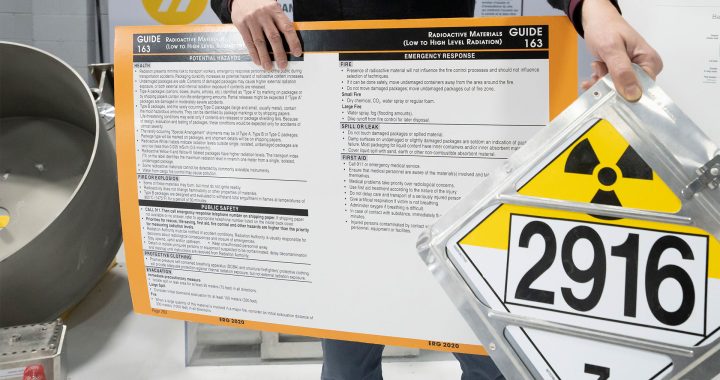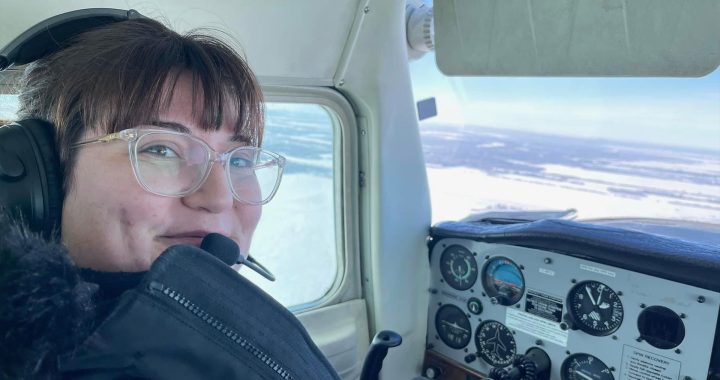The head of the First Nations Chiefs of Police Association says he hopes a new Supreme Court decision will lead to changes in how governments negotiate funding agreements for First Nations police forces.
“We feel the frustration in that when the government comes to us with a funding agreement and says, ‘this is what we think you need to sustain policing in your community,’ there is no meaningful negotiations that take place,” FNCPA President Jerel Swamp said.
“That’s one of the faults that they [Supreme Court justices] saw in this decision. So, I am hoping in the ongoing future that negotiations will change for our community.”
In an 8-1 decision released on Wednesday, Canada’s top court found the Quebec government breached the principle of good faith and failed to uphold the honour of the Crown in funding police services for the Pekuakamiulnuatsh First Nation.
The First Nation took both Quebec and the federal government to court over deficits for policing services run up between 2013 and 2017.
After of a Quebec Appeal Court decision, Ottawa agreed to pay its share of the shortfall – about $832,260 – but the Quebec government appealed the case to the Supreme Court.
As a result of Wednesday’s ruling, the provincial government must now pay Pekuakamiulnuatsh about $767,750.
In 1991, Canada introduced the First Nations Policing Policy to provide communities with access to police services that are professional, effective, culturally appropriate and accountable to the people they serve.
In 2020, Prime Minister Justin Trudeau committed to drafting legislation that recognizes First Nations policing as an essential service.
This legislation has yet to be introduced.
Title claim New Brunswick
The chief of the Wolastoqey Nation at Matawaskiye said individual property owners have nothing to worry about when it comes to a recent court decision that recognizes Aboriginal title over privately-owned land.
“It’s not going to affect the everyday property owner and these are not the people we’re trying to seek land back from,” Patricia Bernard said.
“Land back is from these large industrial defendants and all the lands that we have chosen don’t have any infrastructure whatsoever. So, it’s not going to affect the everyday citizen of New Brunswick.”
The Wolastoqey Nation launched the court case in 2021 saying it never gave up title to its traditional land when it signed treaties with the Crown in the 1700s.
The lawsuit included over half the province and large industrial land owners, including Irving Oil and J.D. Irving, are named as defendants.
The Court of King’s Bench decision says private land owners cannot be sued and dismissed the case against the industrial defendants.
However, the decision does recognize Aboriginal title over private property and says it is the responsibility of the Crown to negotiate these claims.
And in Saskatchewan…
A northern NDP MLA says the newly re-elected provincial government in Saskatchewan missed the mark this week by failing to mention either Indigenous people or the north in its Speech from the Throne.
“The government is forgetting northern Saskatchewan is a part of this province,” Leroy Laliberte said. “We’ve been neglected for far too long. It’s 17 years with the Sask Party government and we’re still lacking the services needed in the north in the Indigenous community. We haven’t had any proper services that were delivered to the north and it seems it is going to continue that way.”
The Saskatchewan Party was re-elected to a fifth straight term in October but the NDP fared much better than it has in recent elections picking up 27 of the province’s 61 seats.
With files from the Canadian Press.






